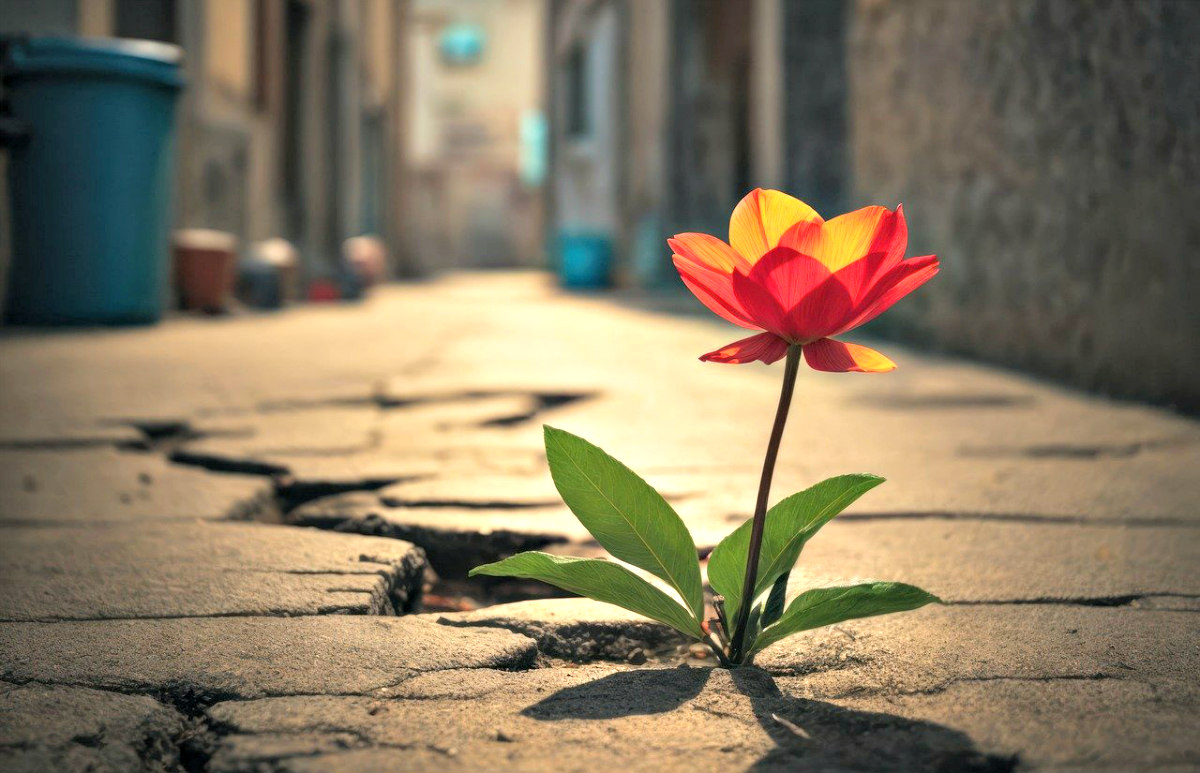Mastering Resilience: How to Manage your Response to Challenging Situations

“Between stimulus and response, there is a space. In that space is our power to choose our response. In our response lies our growth and our freedom”
~Victor Frankl
Resiliency has been a buzzword over the past few years. Understanding what resiliency is and cultivating this skill can make your life more effective. Life has its ups and downs and often we find ourselves managing challenging situations that test our patience, resilience, and emotional well-being.
While we cannot control our external events, we can control how we respond to them. In fact, working on having that space between reacting to a situation and making choices in how to respond to a situation is where we learn how to manage life in a healthy way. In this article, we will explore strategies to help manage your response to challenging situations which ultimately will lead to building resilience and having greater emotional stability.
Before strategies, however, it will be important for you to understand what your pattern of reacting is. Reactions happen within a split second and have probably been the same pattern for most of your life. Becoming aware of your pattern will take some skill in witnessing and watching your pattern so you can better understand what skills you need to manage your response. As you watch your reactions, do it without judgment. (I am using the word reactions versus responses – when we just do what we do without making space so we can make choices) Notice and label the pattern. Do you get anxious, angry or withdrawn? Reflect on the pattern and acknowledge your style of reacting.
Moving from reaction to responding requires some practice to develop the skill to have that pause. You might want to start by practicing mindfulness. This involves being fully present in the moment and observing your thoughts and feelings without judgment. When faced with a challenging situation, take a moment to pause and breathe. This simple act can help you detach from your initial emotional response, giving you space to make a more thoughtful decision.
There are skills that you can implement to help you with this step and/or moving towards giving it space to choose how to respond. One is the STOP skill. The STOP skill is Stop, Take a step back – or away from the situation. Observe the situation, your thoughts, and your feelings. Proceed mindfully, acting with awareness. What actions will make it better or worse?
Another option/skill in managing challenging situations and building resiliency is to shift your perspective. For instance, I believe that there are no accidents, and we are here to learn and be better people through challenging situations. Perhaps you could view the situation as an opportunity for growth and learning. What is your part in managing this in a way that will help you be the best that you can be? How can it help you in your own quest for personal development? What can you own that you need to learn and take on as your opportunity to grow? Again, we can’t control external situations and we can’t control others so the focus is on what we can learn about ourselves through this event and how can we can be better because we worked through the situation.
Resiliency is the ability to bounce back from adversity. You can strengthen your resilience by nurturing a growth mindset. Believe in your capacity to adapt and learn from difficult experiences. Surround yourself with supportive relationships and maintain a healthy lifestyle, which can enhance your resilience.
Challenging situations are just a part of life. How we respond to them can make a difference. Practicing mindfulness, shifting your perspective, cultivating resilience, regulating your emotions, and learning from your experiences all help us be better at this and become more adept at managing responses to adversity. Remember, the goal isn’t to have no adversity. The goal is to manage your adversity in ways that you become better internally at staying calm, and centered, and choosing how to respond to a difficult situation. At the end of the day, regardless of how things settle out, you can say you did the best you could do and are a better you through the experience.
The more we practice these skills, the better we will be at pausing before we react and making choices in our response. We can also have growth regardless of how things outside our control are handled. We do want to be responsible for our part in a situation, growing through the situation, and being better in some way at the end of the day because we went through the challenging moment. It makes us better people.
ABOUT THE AUTHOR

Janie Pfeifer Watson
Licensed Independent Clinical Social Worker
Licensed Independent Mental Health Practitioner- Janie Pfeifer Watson, LICSW, is the founder and director of Wholeness Healing Center, a mental health practice in Grand Island, Nebraska with remote sites in Broken Bow and Kearney. Her expertise encompasses a broad range of areas, including depression, anxiety, attachment and bonding, coaching, couples work, mindfulness, trauma, and grief. She views therapy as an opportunity to learn more about yourself as you step more into being your authentic self. From her perspective this is part of the spiritual journey; on this journey, she serves as a mirror for her clients as they get to know themselves—and, ultimately, to love themselves.
LATEST ARTICLES BY Janie Pfeifer Watson
- Letting Life Unfold – Embracing the Musical Nature of Existence
- Silence Good for the Brain and for your Mental Health
- Celebrating 25 Years of Business A Journey Marked by Resilience, Growth, and the Power of Community
- COVID-19 – Heightened Mental Health Awareness and Employer Appreciation
- Change Your Brain with Psychotherapy
Subscribe today
Sign up to receive the latest mental health tips and inspiration